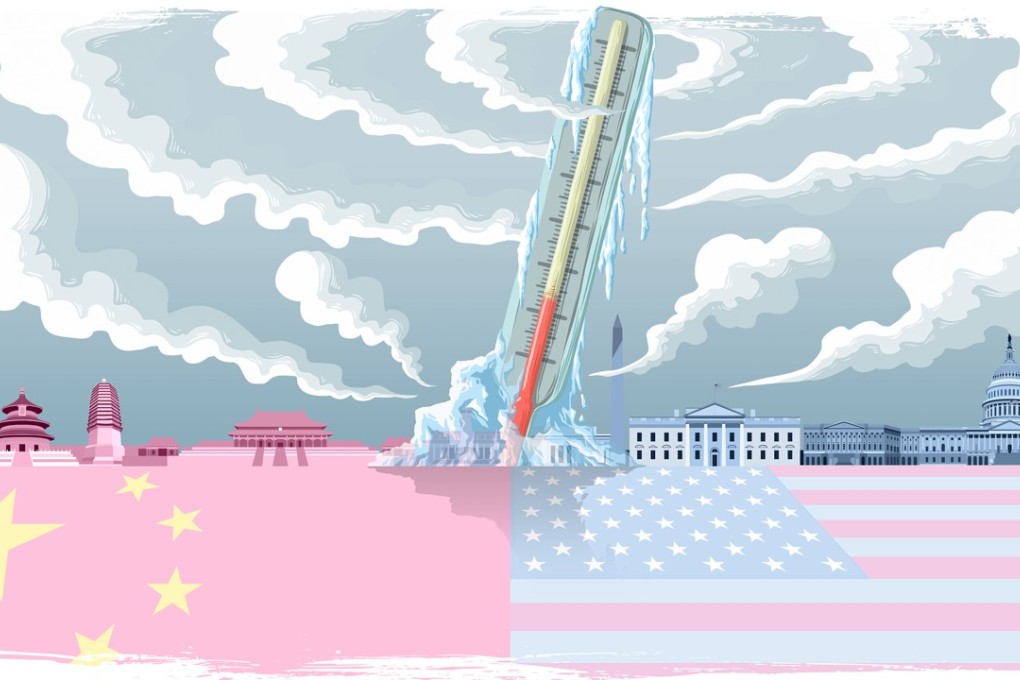Exclusive | Picking a fight: Is Trump’s hawkish behaviour towards China the start of a new cold war?
With Washington taking a new, profoundly aggressive tack in its dealings with Beijing, analysts speak of ‘active competition with occasional confrontation’ as the new normal

US President Donald Trump might still brag about his close relation with Chinese President Xi Jinping, but few would disagree that relations between the two countries are at a new low not seen for decades.
Despite a glimmer of optimism sparked by the possibility of a meeting next month between Trump and Xi to resolve increasing tensions between the planet’s two largest economies, Sino-US relations are more likely to head to a long-term competition, analysts say.
After the White House abruptly cancelled Trump’s trip to the Apec summit next month in Papua New Guinea, which Xi is scheduled to attend, that leaves the G20 summit in Buenos Aires, Argentina, at the end of November as the last big international event this year where the two presidents could meet on neutral turf.
At this point, whether they can reach any significant agreement remains an open question. The last few months have shown the US taking a profoundly different tack in its dealings with China across a wide range of economic, diplomatic and military fronts, moving aggressively to cast it as a rival and potential enemy, not the trading partner and possible ally five decades of US statecraft have striven to cultivate.
In a sharp departure from past administrations, Trump listed China last year as a strategic competitor of the US. And months after Washington began the trade war in July, Vice-President Mike Pence sent an even stronger signal to China at the Hudson Institute two weeks ago: “This president will not back down.”
Pence’s speech has echoed widely since he delivered it on October 4, further escalating tensions between Washington and Beijing, which has already spilled out of the area of trade, to broader security and diplomatic fields.